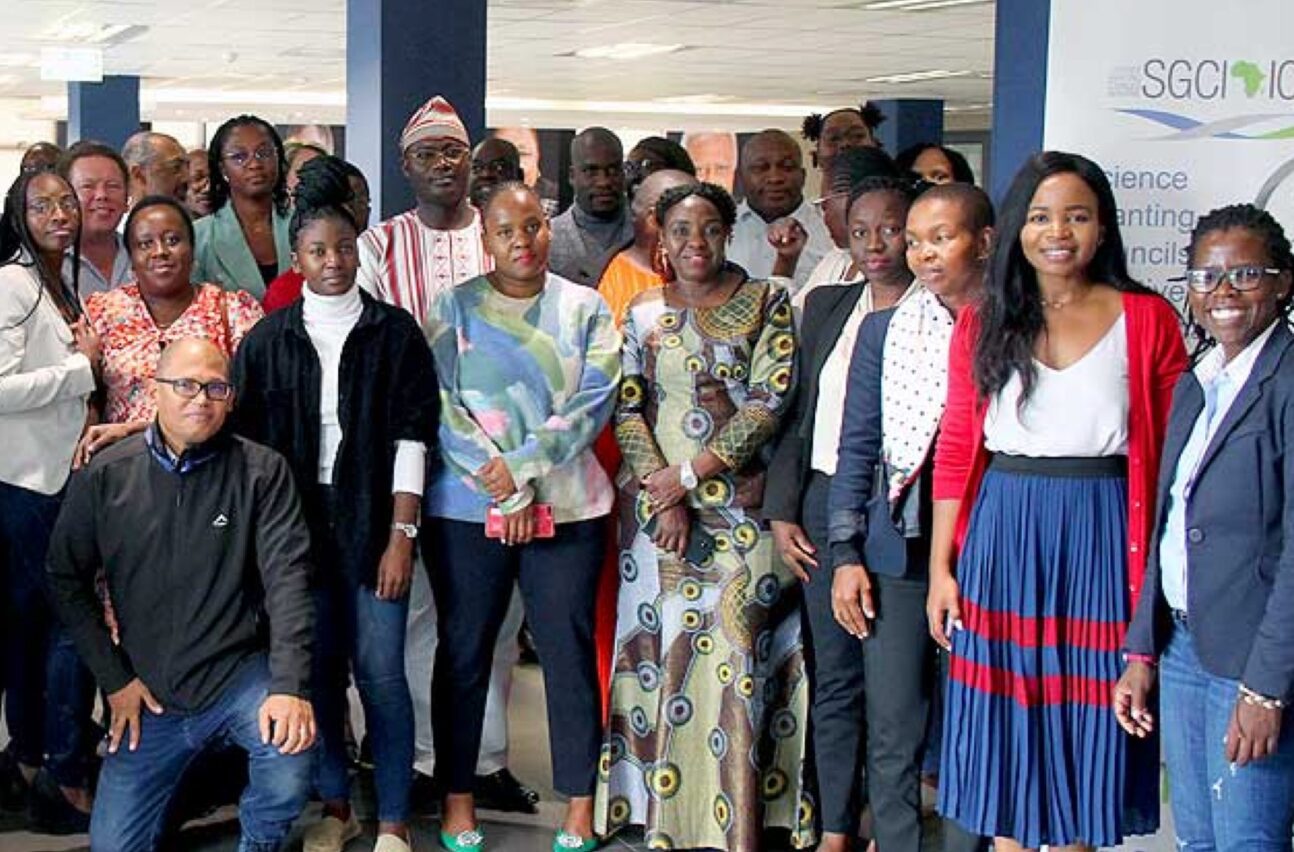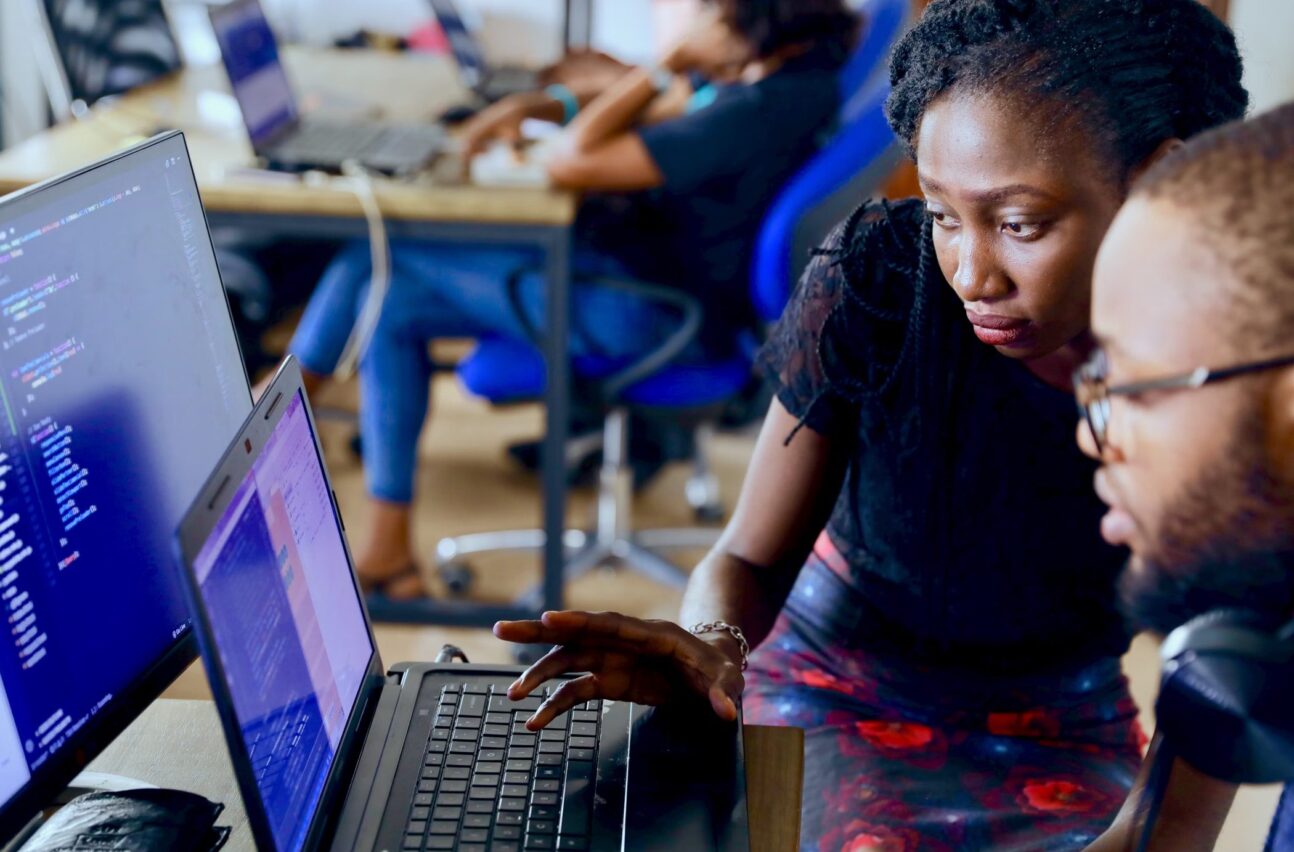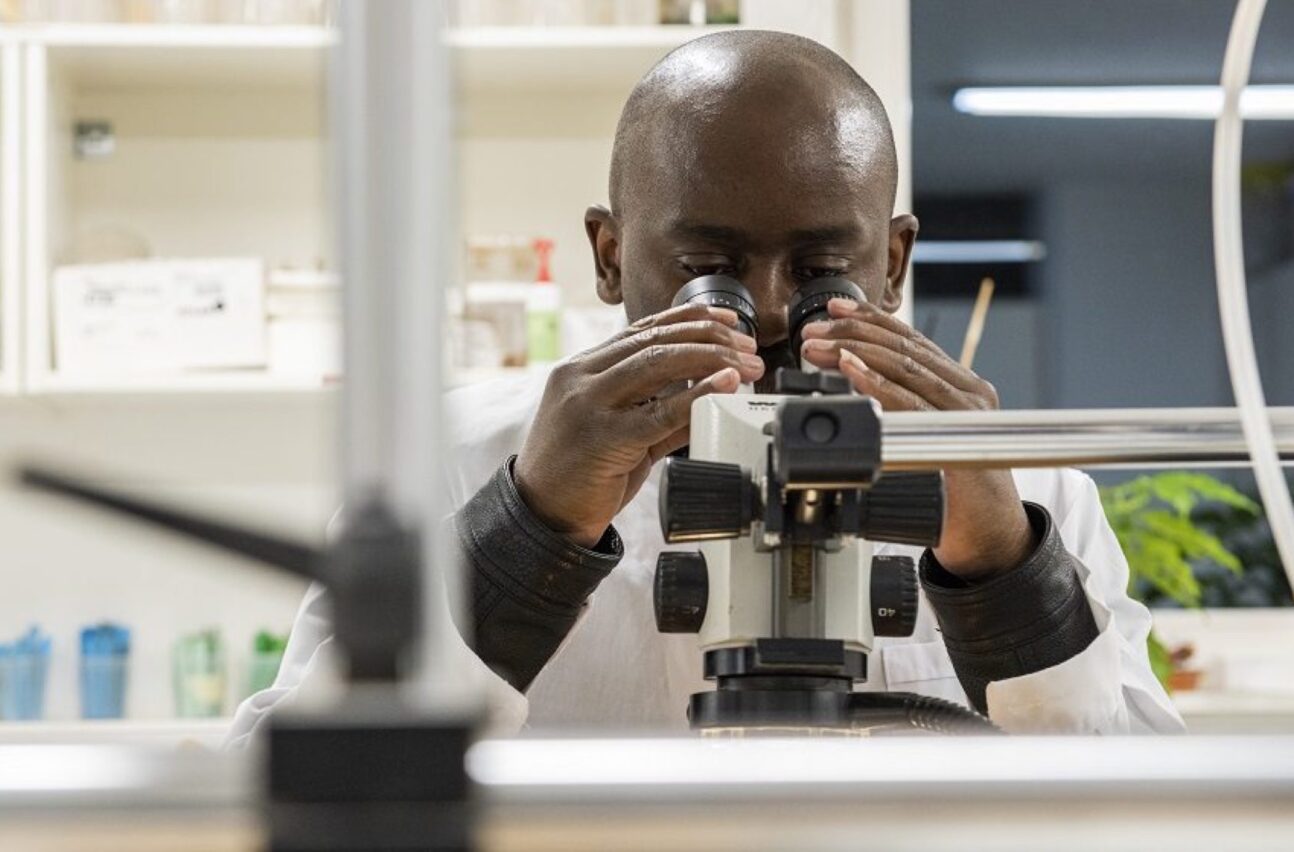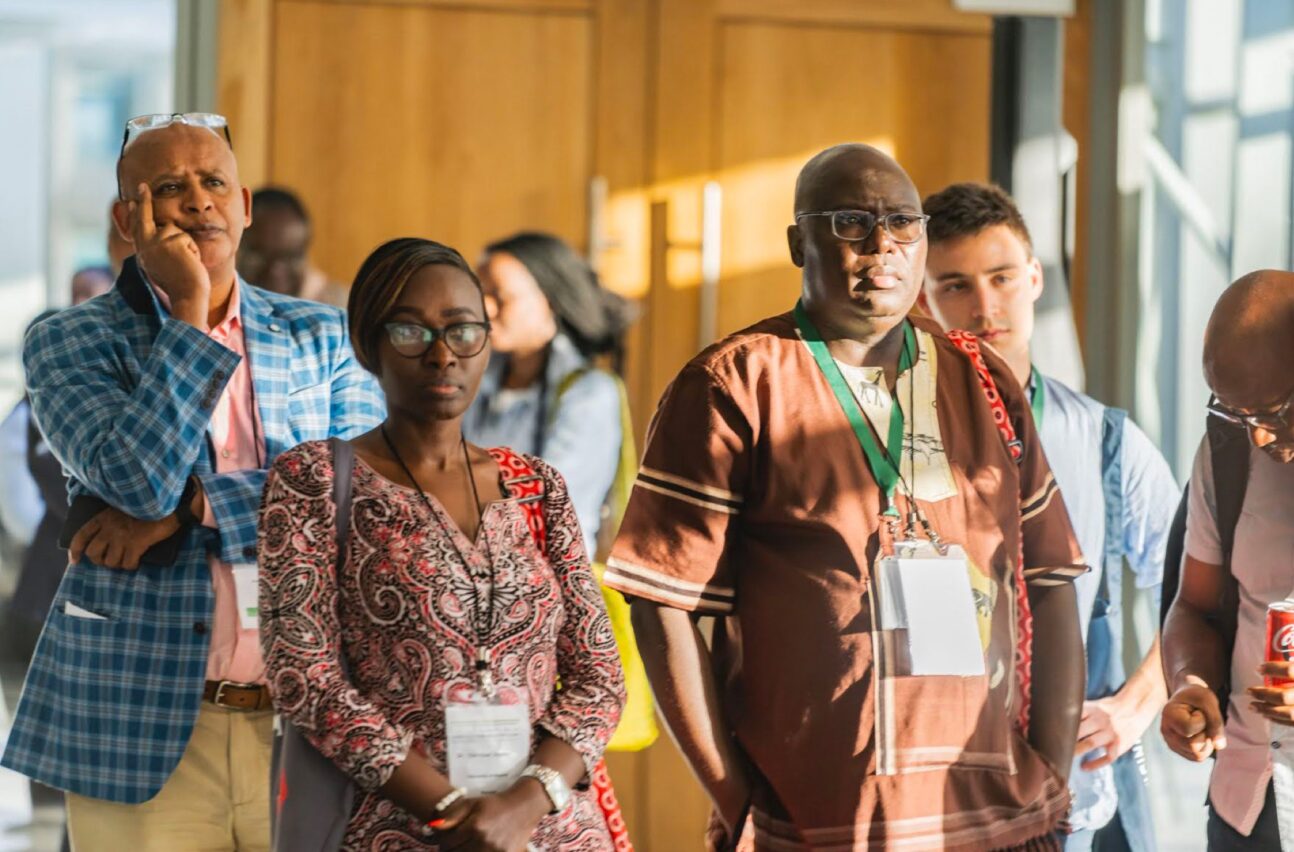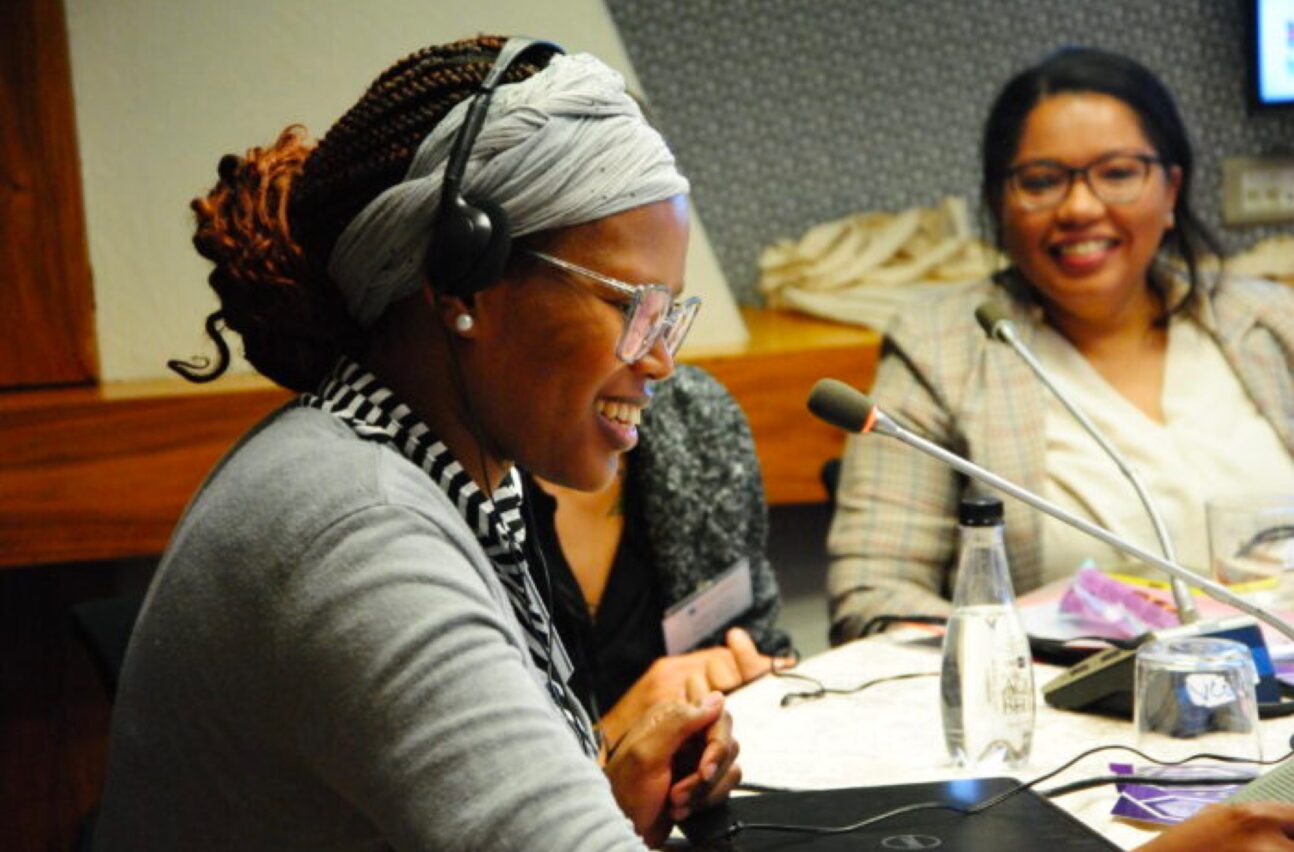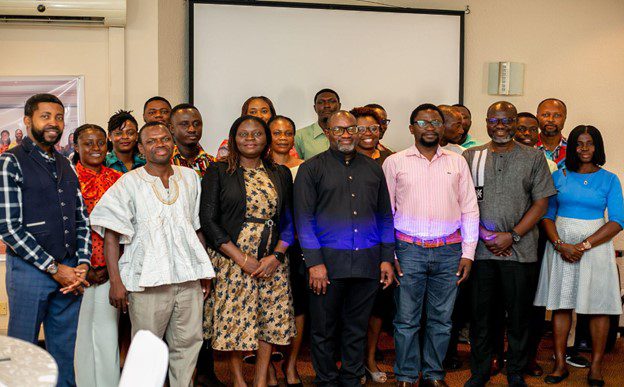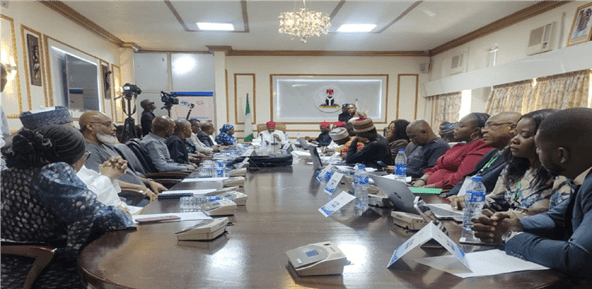Africa faces significant challenges in sharing and using scientific knowledge across the continent. A new CODATA research paper highlights how the open science movement can unlock new possibilities for collaboration,…
Africa faces significant challenges in sharing and using scientific knowledge across the continent. A new CODATA research paper highlights how the open science movement can unlock new possibilities for collaboration, innovation, and sustainable development.
What is Open Science?
Open science refers to the practice of making scientific research, data, and publications freely accessible to everyone. It encourages collaboration between researchers, the public, and the private sector. This approach helps make research more transparent, reusable, and inclusive.
The Problem
Although open science is growing globally, Africa remains lagging behind. Many countries on the continent have limited digital infrastructure, weak data management systems, and policies that don’t support open access. Researchers often work in isolation, and there is low trust in data sharing due to concerns about losing credit or intellectual property.
What the Paper Found
The study surveyed 15 Science Granting Councils in Africa. All respondents agreed that open science could boost African science systems and support economic growth. Some countries, such as Zambia and Kenya, are already taking steps to share data and develop open science policies. However, political support, training, and resources remain key challenges.
What Needs to Happen to Improve Open Science in Africa
The authors recommend stronger national policies, better training in data science, and more regional collaboration. They also call for incentives to encourage researchers to share their work and for African-led solutions that include local knowledge systems and languages.
Conclusion
Open science presents Africa with an opportunity to enhance its research capacity and address shared challenges collectively. With the right support and collaboration, African countries can lead in creating a science system that is open, inclusive, and impactful.
Themes
The SGCI aims to strengthen the capacities of these SGCs to support research and evidence-based policies that will contribute to economic and social development.
